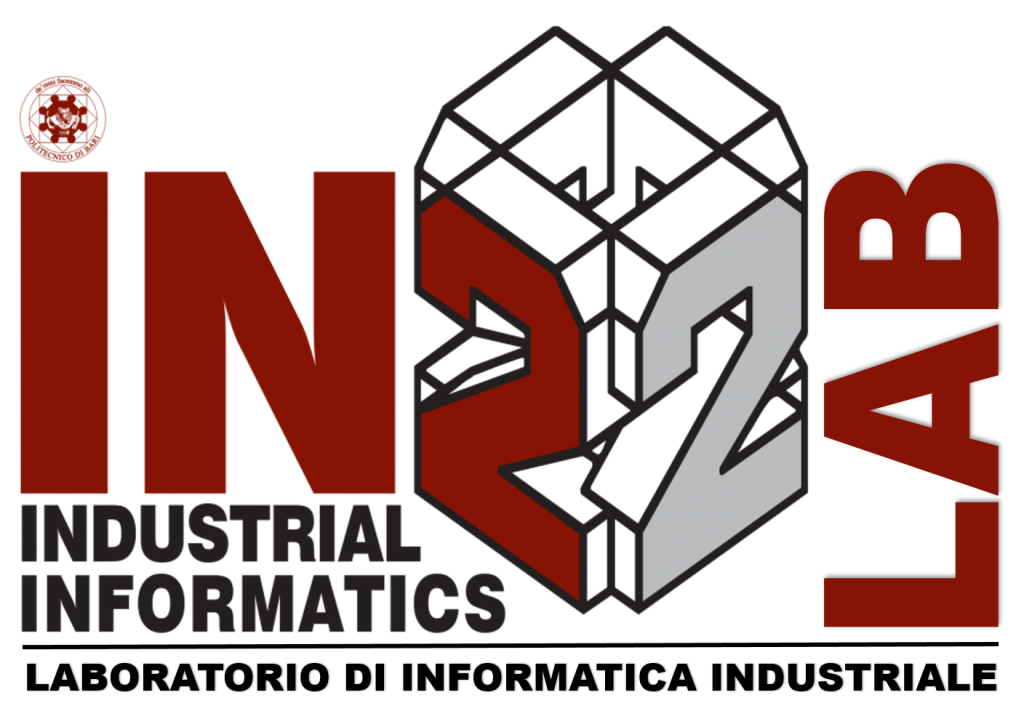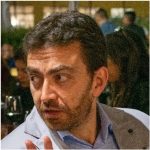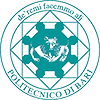Prof. Daniele Di Mascolo, Ph.D.
Assistant Professor
Daniele Di Mascolo is an Assistant Professor at the Electrical and Information Engineering Department of Politecnico di Bari (DEI-POLIBA). He obtained a Bachelor’s (cum laude) and a Master’s Degree (cum laude) in Biological Science (Pathological-Molecular curriculum) at the “Università della Calabria”, Arcavacata di Rende (Cosenza, Italy) in 2008 and 2010, respectively. In 2011, he joined the Doctoral School in Biomedical and Computer Engineering at the “Università Magna Graecia” in Catanzaro (Italy) in his desire to combine new technological advancements and his biological background to offer new solutions to complex problems such as human diseases. He received his Ph.D. in 2014, after spending the last period (starting from 2012) in the Department of Translational Imaging, at The Houston Methodist Research Institute Houston (THMRI), TX – U.S.A, in the biggest medical center in the United States.
His activities continued as a postdoctoral fellow, first at TMHRI and then, from the end of 2014, at the Italian Institute of Technology (IIT) in Genova.
After being awarded by Marie Skłodowska-Curie Action (MSCA) with the Seal of Excellence, he became a Researcher at IIT in 2018. In February 2022, he got the National Scientific Habilitation (ASN) as an Associate Professor of (i) BioEngineering; (ii) Drugs Technology, Socio-Economics and Regulations; and (iii) Sciences of Healthcare Professions and Applied Medical Technologies.
He is a member of the Editorial Board of “Artificial Cells, Nanomedicine and Biotechnology” and Guest Editor or Guest Associate Editor for journals and Special Issues in the field of Nanomedicine and BioEngineering.
MAIN RESEARCH ACTIVITIES
Besides the first studies conducted with a more biological approach, focused on Alzheimer’s Disease (AD) and the quest for genetic risk factors correlating AD and cardiovascular diseases, his research activities mainly focus on Nanomedicine for therapeutic applications (especially in cancer) and immune system modulation. In particular, he worked on the realization of nanoparticles and on the fabrication of novel hierarchical and modular microparticles, which integrate pharmacological and mechanical features for the treatment of pathological conditions, among which also osteoarthritis and diabetes. Recently, he started to develop nanomedicine systems for the combinatorial treatment of tumors through a chemo-immunotherapy approach and a local device for Glioblastoma Multiforme therapy. He participated at different levels in several research projects funded at the national (e.g., AIRC) and international (e.g., ERC, MSCA, NIH) levels, collaborating with multiple groups and Institutes, both European and American. He published more than 30 papers, including book chapters, and orally presented his results at several international conferences, both acknowledged with prizes and Journal covers (as Nature Nanotechnology and Journal of Controlled Releases). He also has 1 patent.
RECENT DIDACTIC ACTIVITIES
He teaches Materials for Bioengineering and Transport Phenomena and Instrumentation for Biological Systems for the Master’s Degree in Medical Systems Engineering at the Polytechnic University of Bari.
For a complete list of publications: Scopus, Google Scholar, and Pubmed.


